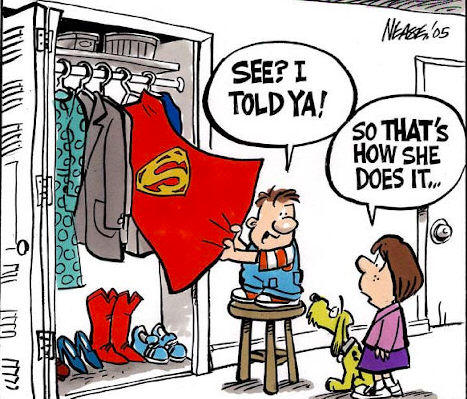These days reading Barbara Brown Taylor’s Leaving Church has become a bedtime ritual. The “central revelation” behind this spiritual memoir about a minister who leaves her clerical post to fall more deeply in love with God is this: “that the call to serve God is first and last the call to be fully human.”
I love that. The call to serve God is first and last the call to be fully human. And, I have to believe that when the church does a better job of nabbing this equation, people will want to “stay” in church rather than leave and never come back.
As a workplace chaplain, I get to meet people outside the church, and many of them tell me, some of them explicitly, that the church is the “last place” they turn when they have a problem. This makes me sad, but I understand. I understand, because at a couple of junctures in my own life I have felt the very same way.
Recently, a woman (I’ll call her “Ann”) shared her story about what it was like to spend some twenty years married to an alcoholic. Her husband had been in and out of jail because of his drinking problem. She had stayed by his side through it all, even to the detriment of her own health. One day she called one of the elders in her church to ask for his advice. She wasn’t sure she could go on like this anymore. She was thinking she needed to call it quits on a deeply dysfunctional and destructive marital relationship. The man told her that to leave her husband would be a sin and that she had no choice but to stick it out.
Not long after that, the woman left the church- and she left her husband. She hasn’t been back in church since, although she considers herself a Christian. “When you need help, you don’t go to the church,” she said matter-of-factly. “You just don’t.”
Then the other day a woman whose husband recently died and whose son is struggling with major depression called me to chat. She needed help, she said. I asked her if she was in a church. She was. Did she feel comfortable going to her pastors about the issue? No. She was calling me, her friendly workplace chaplain, because she didn’t want anyone in church to know.
This woman’s dilemma is, I suspect, not unlike that of the many people who call and email in to tele-evangelists like Joel Osteen. Some of you may have caught this article about how Osteen is capitalizing on the latest in social networking technologies to reach thousands and thousands of viewers- so much so that he has earned the epithet, “The Digivangelist.” The article describes how at various outreach services, such as Osteen’s popular “Night of Hope,” a whole team of social media experts stand by ready to answer prayer requests from viewers. One viewer, Lisa, for example, writes in to say she has brain cancer and is in an abusive relationship; she wonders how she can go on. Osteen’s team writes back assuring Lisa that they are standing with her in prayer.
Understandably, the invisibility of such virtual connections feels safer and less risky, maybe not unlike a few phone calls or visits with a chaplain you won’t have to see in church…but will this sort of connection ultimately help Lisa and others like her hear the call to serve God and become fully human? I’m not so sure.
So the question really becomes, what does it mean to help one another discern the call to serve God and be fully human? And I think to begin to answer this question we have to look to Jesus. We have to ask how Jesus was fully human, how Jesus served God, and then how Jesus encouraged others to do the same. And, maybe, in seeking to follow Jesus, we’ll have the courage to lay aside letter-of-the-law answers for often messy situations and actually walk alongside the Lisas and Anns of this world in their valleys; maybe, too, instead of being a church that people leave, we’ll become a church that doesn’t leave people.

